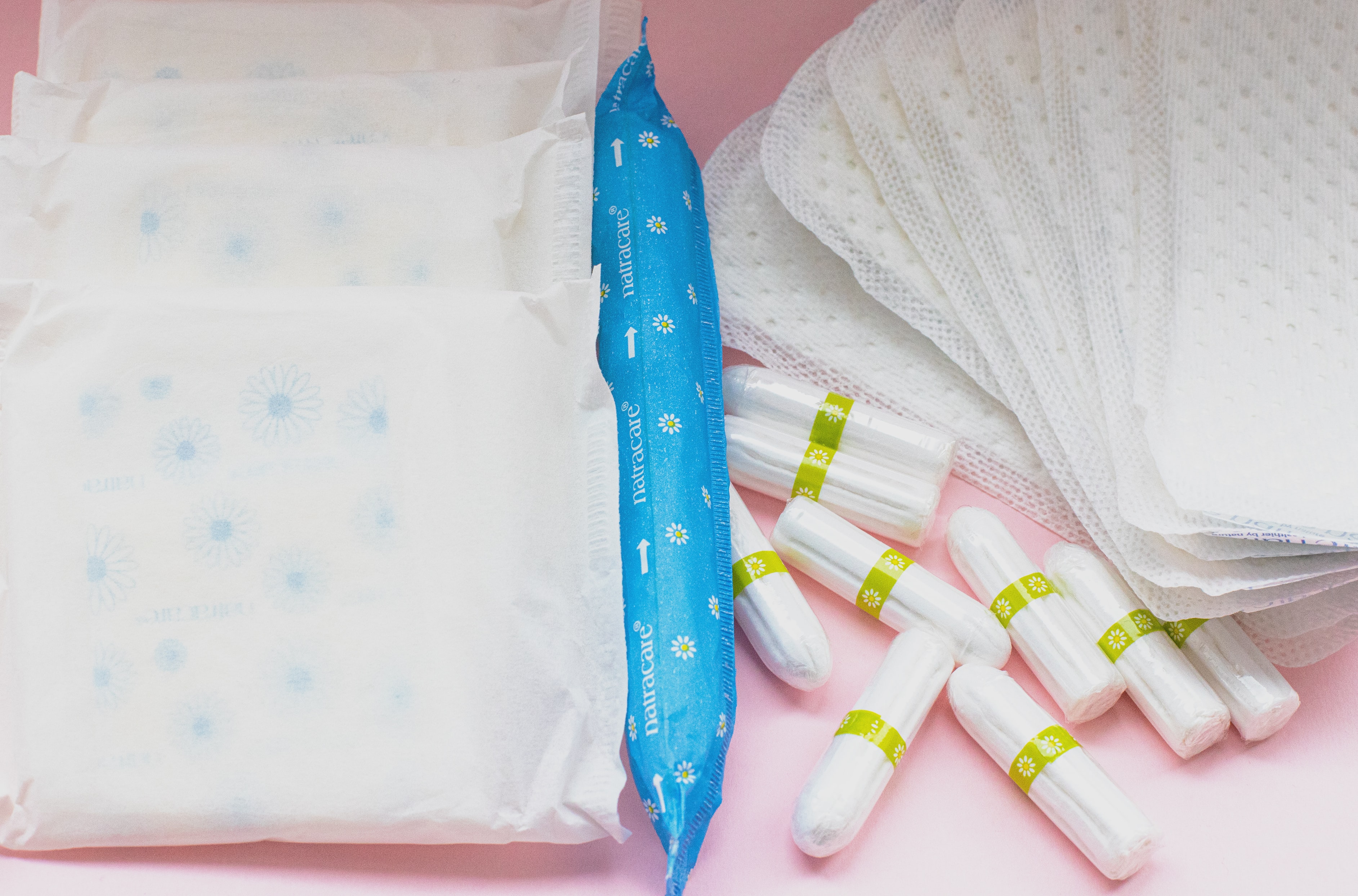News release
From:
Link between menstrual changes after covid-19 vaccination is plausible and should be investigated
Reported changes short lived, but research into this possible adverse reaction remains critical to the success of the vaccination programme
Some women say their periods change after getting a covid-19 vaccination. In The BMJ today, Dr Victoria Male, a reproductive specialist at Imperial College London, says a link between menstrual changes after covid-19 vaccination is plausible and should be investigated.
Changes to periods or unexpected vaginal bleeding are not listed as common side effects of covid-19 vaccination, she writes. Yet more than 30,000 such reports had been made to the UK Medicines and Healthcare Products Regulatory Agency (MHRA) surveillance scheme for adverse drug reactions by 2 September.
However, most people find that their period returns to normal the following cycle and, importantly, there is no evidence that covid-19 vaccination adversely affects fertility.
The MHRA states that its surveillance data does not support a link between changes to menstrual periods and covid-19 vaccines, since the number of reports is low in relation to both the number of people vaccinated and the prevalence of menstrual disorders generally.
However, the way in which data is collected makes firm conclusions difficult, says Male.
She argues that approaches better equipped to compare rates of menstrual changes in vaccinated versus unvaccinated populations are needed, and points out that the US National Institutes of Health (NIH) has made $1.67 million available to encourage this important research.
Reports of menstrual changes after covid-19 vaccination have been made for both mRNA and adenovirus-vectored vaccines, she adds, suggesting that, if there is a connection, it is likely to be a result of the immune response to vaccination, rather than to a specific vaccine component.
Indeed, the menstrual cycle may be affected by the body’s immune response to the virus itself, with one study showing menstrual disruption in around a quarter of women infected with SARS-CoV2.
If a link between vaccination and menstrual changes is confirmed, this will allow individuals seeking vaccination to plan in advance for potentially altered cycles, she explains.
In the meantime, she suggests clinicians encourage their patients to report any changes to periods or unexpected vaginal bleeding after vaccination to the MHRA’s scheme. And anyone reporting a change in periods persisting over a number of cycles, or new vaginal bleeding after the menopause, should be managed according to the usual clinical guidelines for these conditions.
“One important lesson is that the effects of medical interventions on menstruation should not be an afterthought in future research,” she concludes.



 International
International



